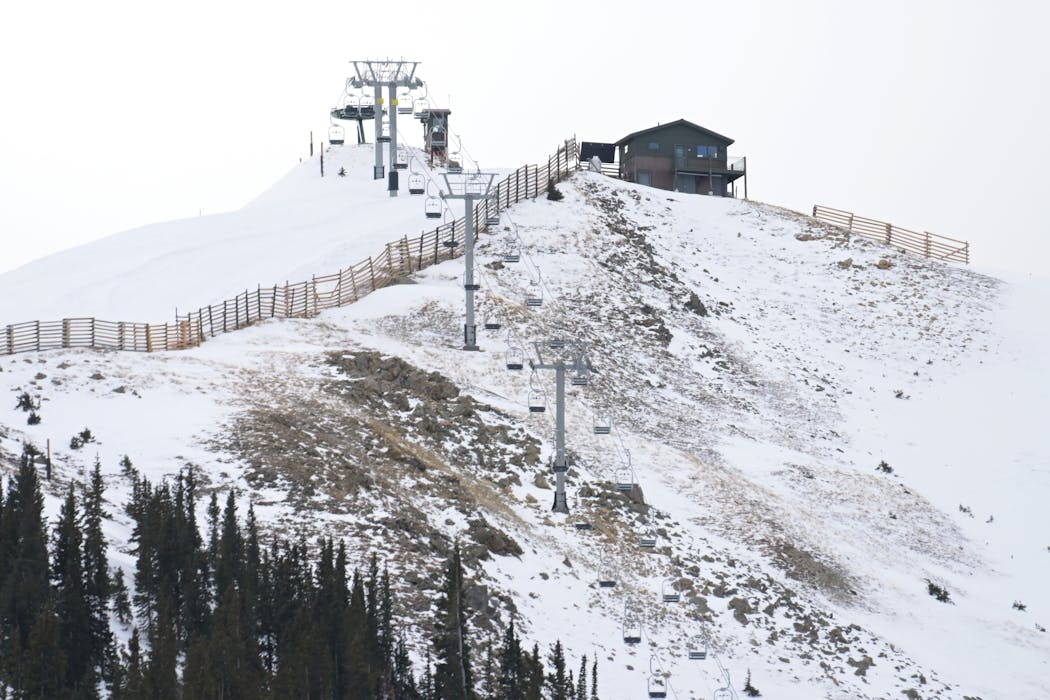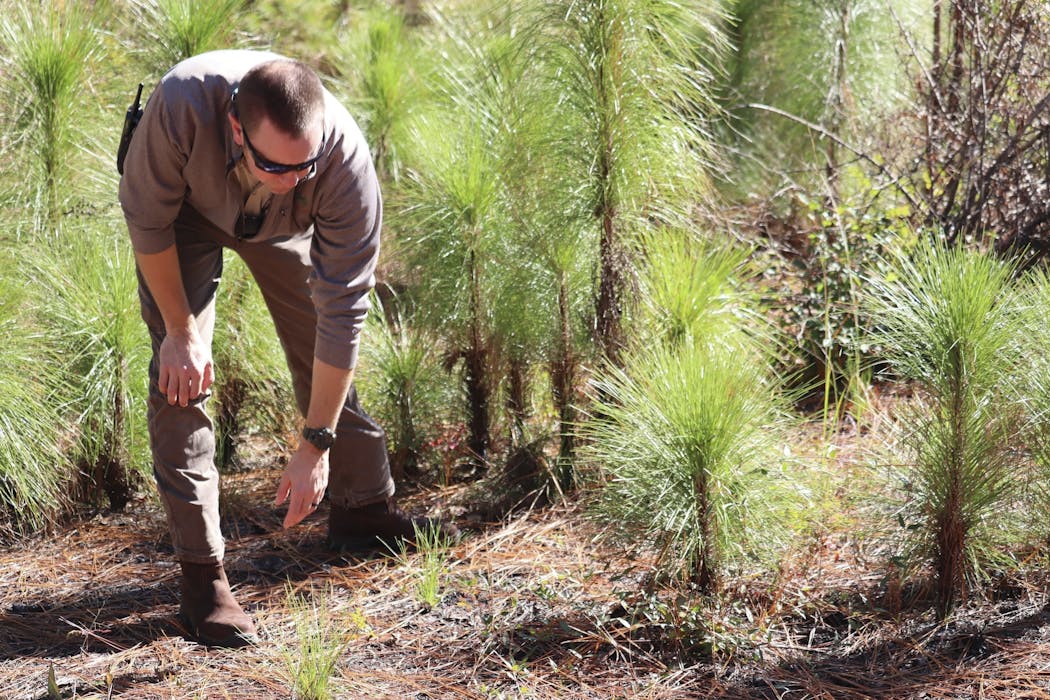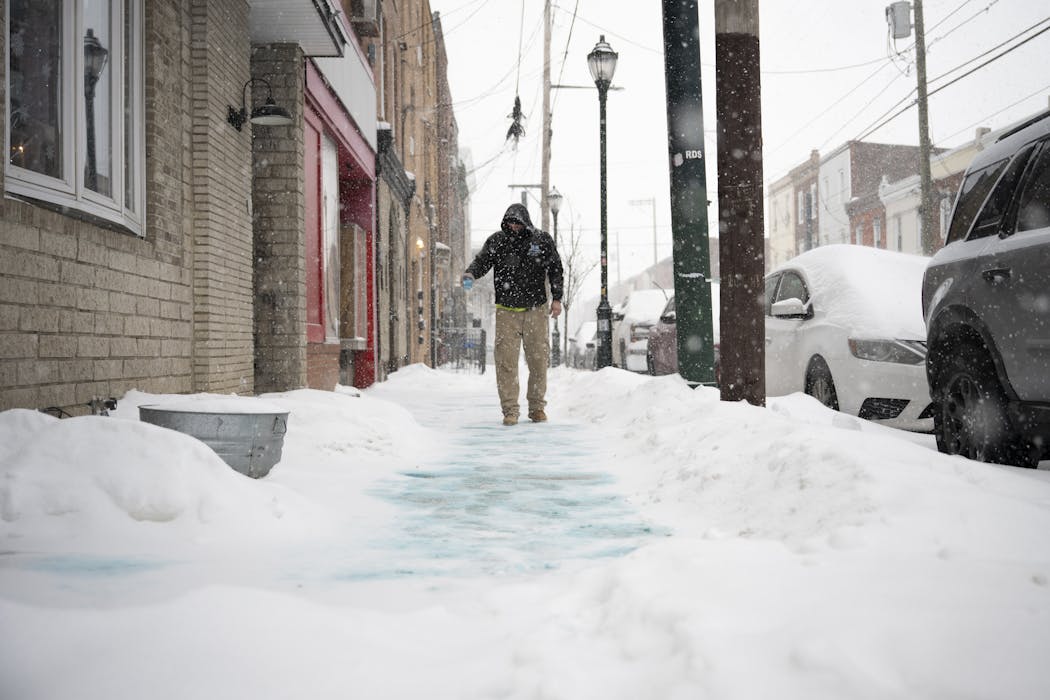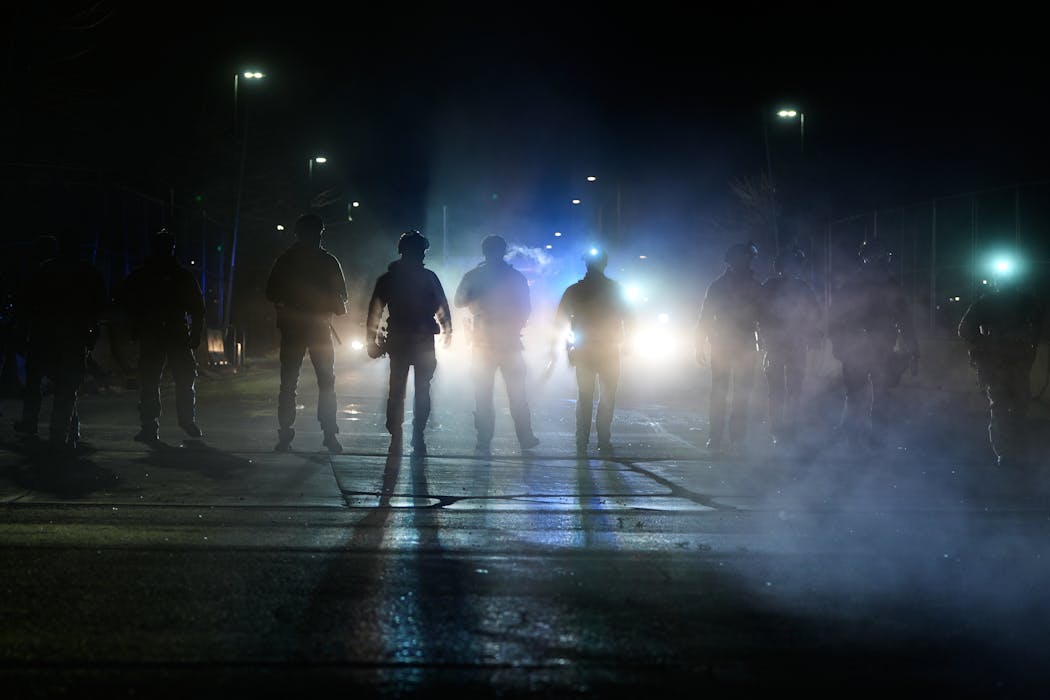Gifts of gym memberships and Botox treatments can lead to hurt feelings – and bad reviews for the businesses
- Written by Linnéa Chapman, Assistant Professor of Marketing, Florida International University
 Oh, you really shouldn't have.ljubaphoto/E+ via Getty Images
Oh, you really shouldn't have.ljubaphoto/E+ via Getty ImagesHow would you feel if someone gave you a gym membership as a holiday or Valentine’s Day gift?
What about Botox?
Laser hair removal?
Services like those are part of the estimated US$48 billion self-improvement industry. Does this suggest that many people would appreciate...










